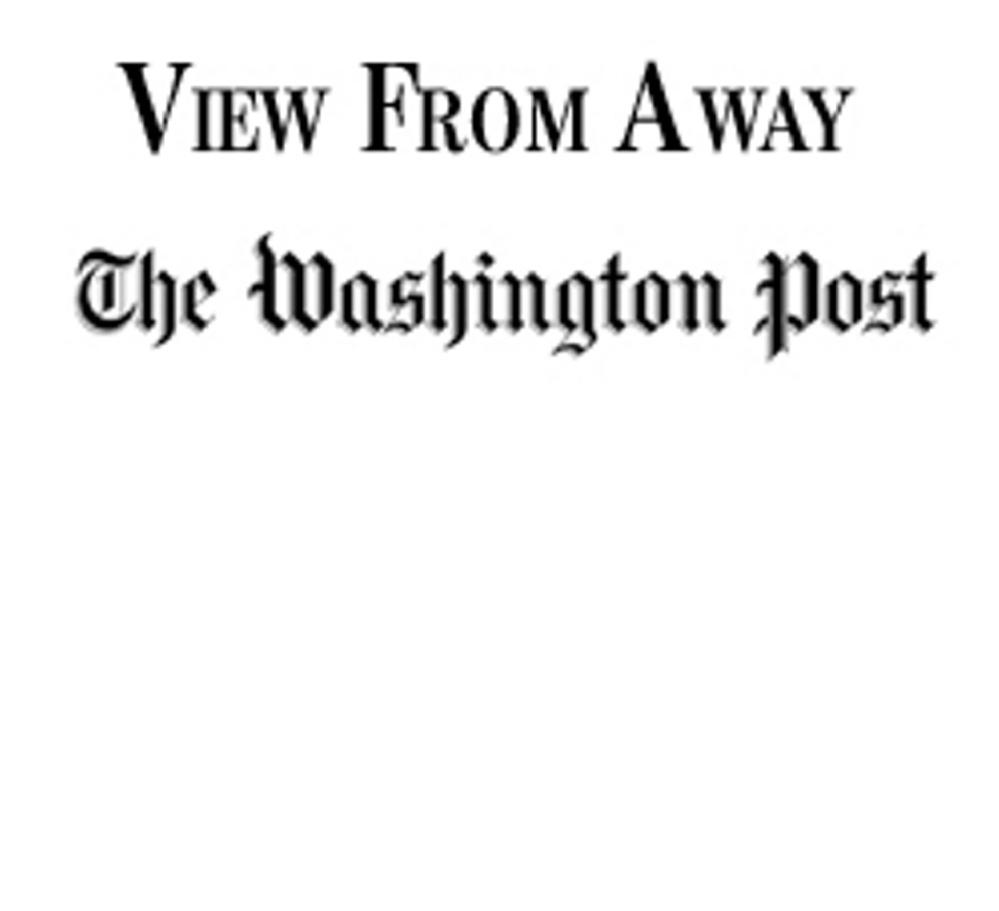It’s not every day that references to Adam Smith and Milton Friedman show up in the footnotes of a Democratic White House report. But a new white paper from President Barack Obama’s economic team on the job-killing, anti-consumer effect of unduly burdensome state occupational licensing is that rarest of government intellectual products: one that actually transcends ideological categories, casting fresh light on a long-standing problem and proposing pragmatic solutions to it.
To be sure, the report’s authors stand on the shoulders of not only Smith and Friedman but also researchers at think tanks ranging from the libertarian Institute for Justice to the liberal Brookings Institution, who have previously documented the often contradictory and unjustifiable rules that require, say, scrap metal recyclers to get a license in one state but not in another — or oblige aspiring members of the same licensed trade to pay wildly varying fees and spend wildly varying amounts of time studying depending on where they live.
A startling one-quarter of all U.S. workers need a license to do their jobs, according to the White House report, a five-fold increase since the 1950s. Among those most affected by this situation are military families, who move frequently from state to state, only to find that a non-military spouse can no longer work without spending months qualifying for a new license. Licensing also inhibits many ex-offenders from rejoining the workforce because they lack the requisite clean police record. Overall, unlicensed workers earn 10 percent to 15 percent less than similarly skilled licensed workers, and licensing laws raise consumer prices, with no discernible increase in the general quality of goods and services, according to research summarized in the report.
Licensing is sometimes necessary to protect public safety and health — for truck drivers and doctors, for example. In many instances, however, licensing laws reflect the protectionist instincts of particular industries or professions, such as the funeral-attendant licenses that nine states require or the florist licenses that only Louisiana unaccountably demands. Things aren’t as bad in the states as they are in Greece, where almost the only way to get a pharmacist license is to buy one from a retiring pharmacist, but you can see the regulatory havoc that can result when special interests get control of the political process. Significantly, the White House report notes that two-thirds of the growth in licensing over the past half-century is traceable not to the changing composition of the workforce but to proliferating state laws.
The report counsels elimination of licenses not clearly necessary for health or safety, based on a rigorous cost-benefit analysis, and a reduction in how much time and money it costs to obtain those that remain. States should do much more to recognize one another’s licenses and should rely on mandatory bonding, or insurance, rather than licensing as a means of consumer protection.
Obama’s fiscal 2016 budget would spend $15 million on a federal program to gather definitive information on barriers to employment caused by licensing. Given the potential efficiency gains, it would be money well spent.
Editorial by The Washington Post
Copy the Story LinkSend questions/comments to the editors.



Success. Please wait for the page to reload. If the page does not reload within 5 seconds, please refresh the page.
Enter your email and password to access comments.
Hi, to comment on stories you must . This profile is in addition to your subscription and website login.
Already have a commenting profile? .
Invalid username/password.
Please check your email to confirm and complete your registration.
Only subscribers are eligible to post comments. Please subscribe or login first for digital access. Here’s why.
Use the form below to reset your password. When you've submitted your account email, we will send an email with a reset code.